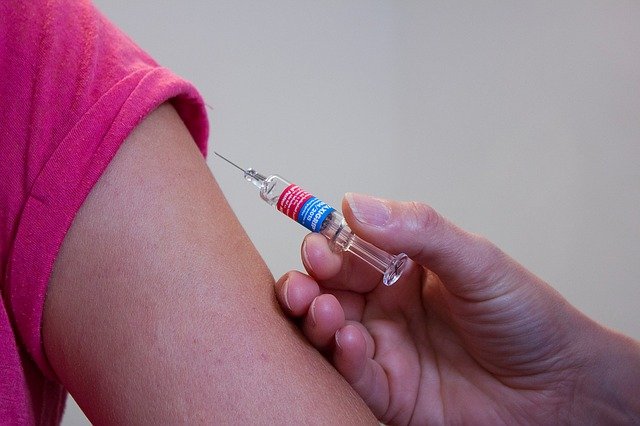
Vaccines are unquestionably one of the most essential and effective methods to promote good community health. The prevalence of diseases like smallpox, tetanus, diphtheria, pertussis, rubella, measles, mumps, and Haemophilus influenza type b has decreased dramatically worldwide since the advent of routine childhood vaccines.
Vaccines contain a weakened or killed component of the virus or organism that causes disease, also known as a pathogen. This pathogen causes our immune system to establish immunity and avoid disease.
Why is it necessary to take vaccines?
- You and your child will get protection from various severe and potentially fatal infections.
- Protect others in your community by assisting in preventing diseases from spreading to those who are unable to receive immunizations.
- Before they’re released, they undergo extensive safety testing clinical trials and regularly checked for adverse effects once they’re released.
- Some youngsters may feel a little nauseous and have a sore arm for 2 or 3 days due to the medication.
- Some diseases can be reduced or even eliminated if enough individuals are immunized.
Every year, they save the lives of up to 3 million people around the world.
Diseases like smallpox, polio, and tetanus, which used to kill or impair millions of people, have vanished in the UK since the introduction of immunizations.
Other illnesses, such as measles and diphtheria, have seen a 99.9% reduction in cases since the advent of immunizations.
However, if people stop getting immunizations, infectious diseases may swiftly spread.
By 1980, due to vaccination, there was the eradication of smallpox worldwide, and polio cases had dropped by 99 percent. Vaccines are most effective for mumps, measles, typhoid fever, cholera, plague, tuberculosis, tularemia, pneumococcal infection. They are also crucial for tetanus, influenza, yellow fever, hepatitis A, hepatitis B, other infections, encephalitis, and typhus. However, some are only useful in high-risk populations. Virus vaccines are especially crucial for immune protection because antibiotics are not helpful for viral infections, unlike bacterial diseases.
Covid-19 scenario
In the current pandemic, wearing masks and keeping a safe distance from people minimize the contracting risks or spread the virus to others. But these precautions are not sufficient enough. Vaccines work with your immune system to ensure that you will be ready to fight it if exposed to the virus. Getting vaccinated causes an antibody response, which protects you from contracting the disease without going through it.
Vaccinations can help your community avoid severe sickness, medical costs, and disease outbreaks. Due to routine childhood immunization, vaccine-preventable diseases are less common today; yet, the seriousness of the diseases is hard to overlook while contemplating immunizations. Many results of these diseases are fatal or severely handicapping to people who contract them. By exposing the body to a vaccine immunization, you can gain the ability to fight the disease without catching it. A growing number of people are still refusing to vaccinate their children. Many medical awareness programs are still trying to educate others worldwide about the benefits and hazards of vaccination for a healthy future ahead.





Leave a Comment